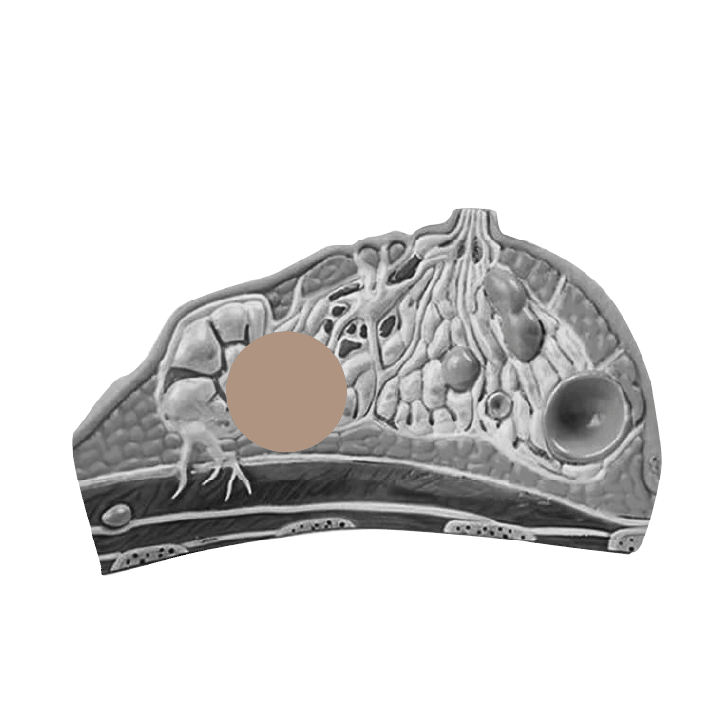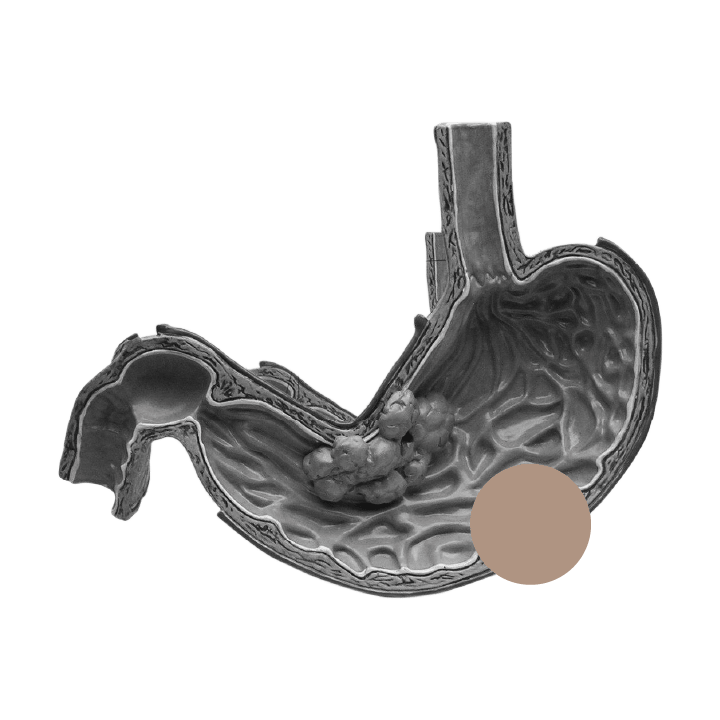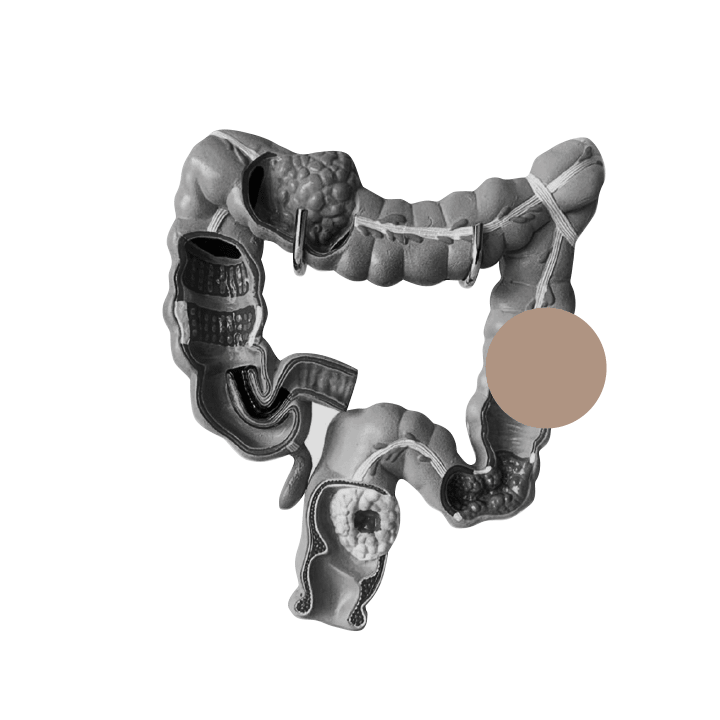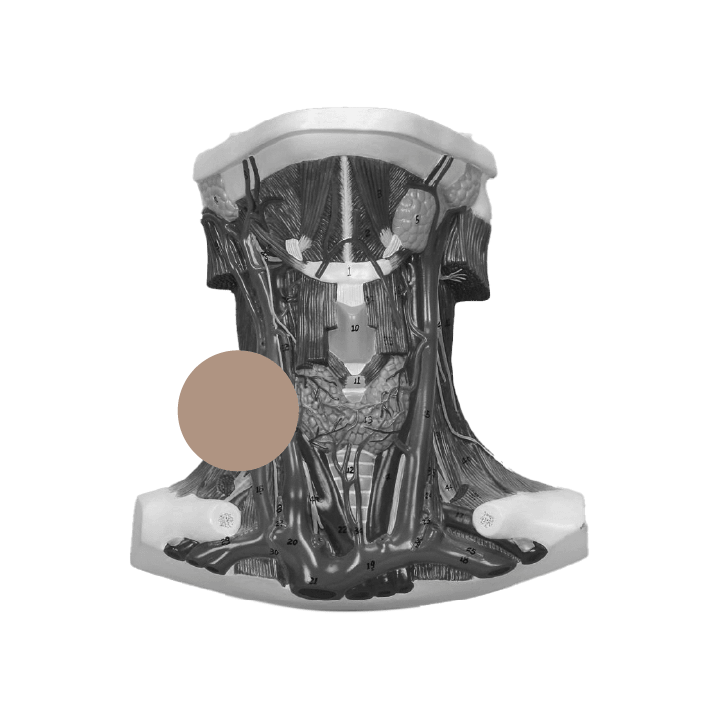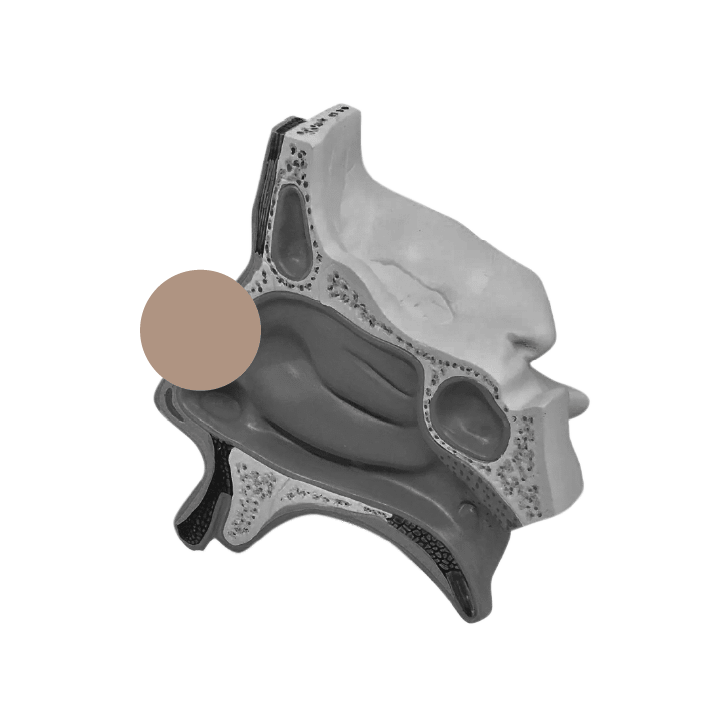9/11 Cancer Claims Under The VCF
In the last 20 years, tens of thousands have filed either a 911 cancer claim or a claim connected to another illness with the Zadroga Act’s two programs: the World Trade Center Health Program (WTCHP) and the 9/11 Victim Compensation Fund (VCF). Some people who were affected are just beginning to show symptoms of illness, and some will not develop symptoms for years to come.
Who qualifies for 9/11 cancer claim benefits?
Individuals suffering from the following physical health conditions and cancers may be eligible for free medical treatment through the World Trade Center (WTC) Health Program and financial compensation through the 9/11 Victim Compensation Fund. In general, anyone who was present in Lower Manhattan below Houston Street, at the Fresh Kills landfill, on barges/trucks/piers along debris removal routes, the NYC Morgue, or at garages where emergency vehicles were cleaned between 9/11/01 and 7/31/02 may be eligible for free medical monitoring through the WTC Health Program.
Individuals who contracted one of the following covered illnesses listed on the WTC Health Program List of Covered Conditions may also be eligible for free treatment and medication, in addition to compensation through the 9/11 Victim Compensation Fund.
What cancers are covered under 9/11 benefits?
Almost 70 types of cancer have been linked to 9/11, most thought to be the result of area business owners and workers, residents, students, first responders, and others breathing in air contaminated with the residue of building materials, microscopic shards of glass, and asbestos for months after the attacks.
The WTC Health Program List of Covered Conditions is subject to change as the Health Program Administrator, Dr. John Howard, and the Scientific/Technical Advisory Committee continue to review research, statistics, and studies in order to identify new conditions for coverage.

